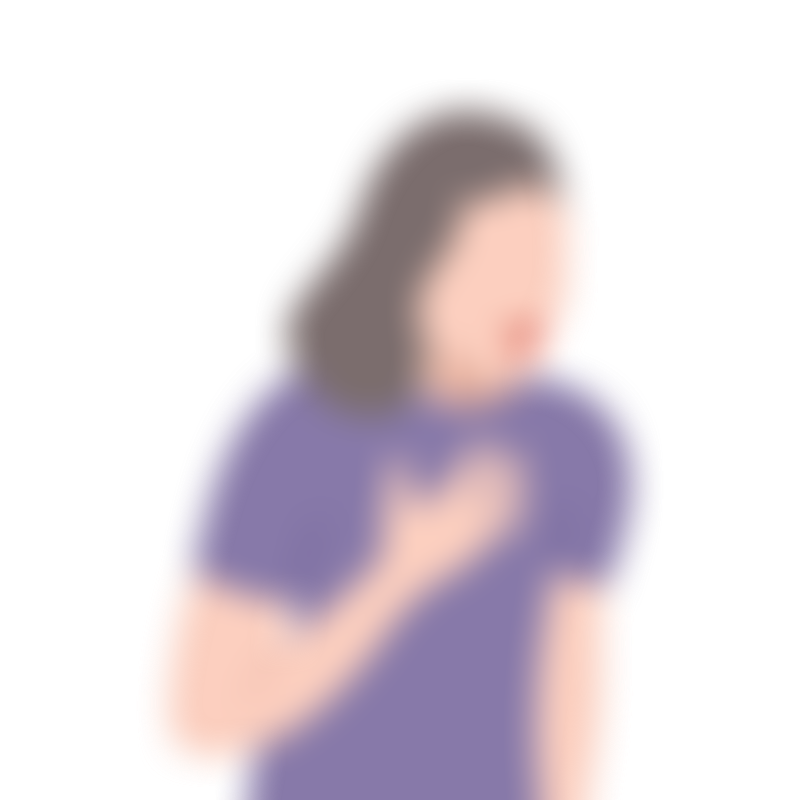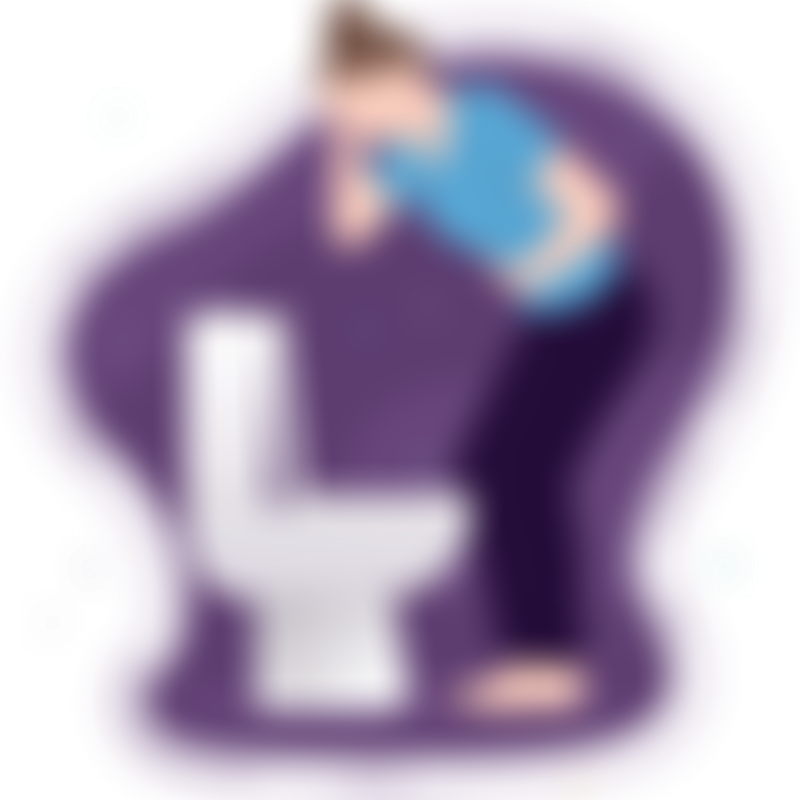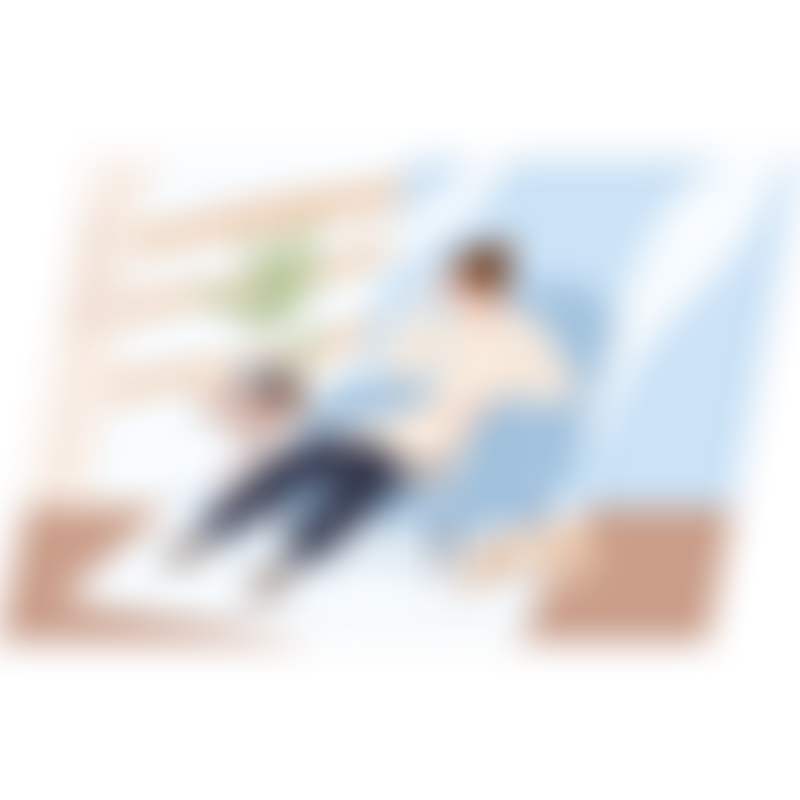

I am Cece from Ireland and I used to work as a nurse. It was in September 2023 that I found out I had cancer and my gastric cancer was stage 2. After multiple surgeries, I’ve been free of cancer since April 2024, but my troubles didn’t end there. This is my story.

I had one symptom only: difficulty swallowing. I was very fit and knew that the new onset of difficulty swallowing was suspicious. That’s what led to my diagnosis of stomach cancer, specifically the gastric adenocarcinoma subtype.

When I first learned I had cancer, I felt a mix of fear, sadness, shock and surprise. I was an extremely fit healthy nurse, very in tune with my body. No family/genetic history. Non smoker, non drinker.

In terms of my treatment, I underwent the following types of procedures:
- Total gastrectomy (TG) (removal of the entire stomach)
- Lymphadenectomy (removal of lymph nodes)
- Laparotomy & J tube inserted due to post-surgery adhesions
These treatment methods were decided upon based on my consultant’s recommendation and advice from my aunt who’s an excellent nurse. Apart from the TG and lymphadenectomy, no chemo or any further treatment was required. My treatment was subsidized and I was declared cancer-free in April 2024.
When finalizing this treatment plan, I felt extreme anxiety and was fearful of the life-changing consequences. I feared for my kids and family, as I was unaware at the time if it was genetic.

As a result of the total gastrectomy, I suffered from nausea and vomiting. I had 24-hour nausea for over 6 months. This was exacerbated by weight and muscle loss, and I was not feeling hungry or thirsty post gastrectomy.
To manage these side effects, the following measures were taken:
- Improved my nutrition through NJ tube feeding for months
- Took prescribed medication, namely antiemetics and NJ feeds
- Was administered intravenous fluids for dehydration

Due to having no stomach, my diet has completely changed. I need to eat very small portions frequently. I can barely keep my weight within acceptable range. I have malabsorption. I also struggle with fatigue daily, anxiety and fear of recurrence. I’m also being restricted on foods I choose to eat due to early and late dumping. I wish I knew that the real battle begins once treatment ceases, that no one is concerned about how you’re feeling from a psychological viewpoint. This is a battle I have and I continue to improve myself.
For the next few years, my plan is to return to work on a phased basis.

After finding out I had cancer, I stopped working. I commenced multiple tests to get a clear diagnosis instantly, so I ceased working.

I’ve experienced challenges in numerous aspects of my personal life, such as my:
- Social life and relationships with loved ones: Due to difficulty digesting food, I limit dining out. Relationships have changed with friends and family. Only a small few know my daily difficulties with digestion, having no appetite, etc.
- Day-to-day-life: It affects my choices daily. I need to have food close by or be prepared 24/7 to avoid low blood sugars. I cannot be too far from the bathroom!
- Self-esteem/self-image: I dislike my malnourished body. I’m not as fit and strong as before surgery.
- Professional life: I have not returned to work as a nurse yet, but I’m hoping to on a part-time basis soon.
- Low mood, new onset anxiety and PTSD
But I have to say that difficulties in my day-to-day life affected me the most. As outlined already, my quality of life has changed 100%. I still have to manage my daily challenges of preparing foods I can tolerate and eat every 1.5 to 2 hours. I’m very limited with diet intake, so preparing in advance is needed.
Dealing with being cancer free has been the most challenging part of being a cancer survivor but living without a stomach has also been a gigantic change, both physically and mentally. The fear of cancer returning never goes away. New challenges will be difficult, but take it day by day. There are very kind people, from medical staff to neighbors, friends and family.

Throughout my cancer journey, my biggest fears have been:
- Fear of loss
- Fear of life-changing surgery
- Fear of dying and leaving behind my young family
- Fear of stress for my family
To cope with these thoughts, I went to seek help from the local cancer centre and psycho-oncology.

Now I feel sad, but optimistic at the same time. I’m glad I persisted and got a scope early. However, I’m fearful of the cancer returning and sad that at my young age of 45 my quality of life has deteriorated vastly.

With time some health issues eased. Try sea swimming – it's amazing for the nervous system. Be grateful for the little things in life. Don't be afraid to ask for help. Try and gain weight prior to total gastrectomy surgery. Eat lots of protein.
This patient's story is published and shared with their full consent. Any personal data that can be used to identify the patient has been omitted.
Click here for more information.